#Italian Renaissance style
Explore tagged Tumblr posts
Text





Carnegie Hall reopened after a $50 million facelifting on December 15, 1986.
#Carnegie Hall#881 Seventh Avenue#reopened#15 December 1986#travel#anniversary#US history#Midtown Manhattan#New York City#vacation#summer 2018#original photography#architecture#cityscape#façade#landmark#tourist attraction#William Tuthill#Richard Morris Hunt#Adler & Sullivan#Italian Renaissance style#marquee#USA
2 notes
·
View notes
Text

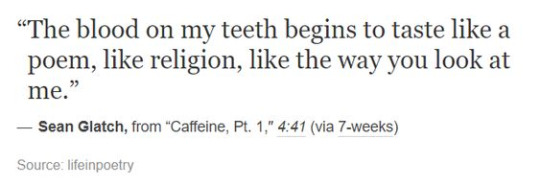


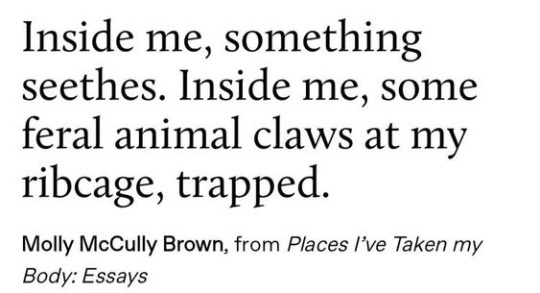

Sweet New Style - A Web Weave
#web weave#web weaving#literary web weave#sweet new style#renaissance#the italian renaissance#florence italy#webweave#literature
1K notes
·
View notes
Text






Fashion of the Continent: Redania
The wealthiest kingdom in the North, as it likes to put in elegant display. The cult of nobility is at its strongest in Redania, while peasants and non-humans are demeaned.
#costumeedit#thewitcheredit#the witcher#witcheredit#fantasyedit#my edit#redania#wiedzmin#costumes#continentfashion#ughmerlin#jemmablossom#userhann#userava#arthurpendragonns#userbecca#ivashkovadrian#adaptationsdaily#thewitchersdaily#witcherdaily#witchersdaily#ignore the crucifixes lmao. redania has become catholic 🙏#thank you to the borgias for providing 50% of this. they could've given me more but i wanted some variety#i went with italian renaissance bc i go hogwild for this style#but also mainly bc lucrezia is my fashion icon for radovid. listen the parallels are there. gender is irrelevant#SO: slashed sleeves with some poof and or attachable sleeves. high tight waist but loose skirts#some fur and jewelry thrown in bc they're very rich. not too ostentatious but still luxurious#braided half updos and waves with hairnets and veils#and of course red white and gold bc patriotism 🫡
129 notes
·
View notes
Text

𝕯𝖎𝖆𝖉𝖊𝖒
#renaissance#medieval#victorian#victorian gothic#accessories#fashion#medieval aesthetic#necklace#earrings#medieval art#modern renaissance#italian renaissance#renaissance faire#renaissance art#renaissance inspired#victorian goth fashion#victorian inspired#victorian era#medieval jewelry#medieval armor#medieval history#unique fashion#gothic art#gothic fashion#gothic#goth#goth aesthetic#gothic style#dark academia#dark aesthetic
49 notes
·
View notes
Text

The Damsel and Orlando
Artist: Benjamin West (American, 1738–1820)
Date: c. 1793
Medium: Oil on canvas
Collection: Metropolitan Museum of Art, New York City, NY, United States
Description
The Italian poet Ludovico Ariosto’s epic "Orlando furioso" (1516) enjoyed revived popularity in the eighteenth century. In this melodramatic scene, the costumes, the physical types, and, especially, the poses are reminiscent of the style of the Italian High Renaissance, which West greatly admired. The hero, Orlando, is shown as he learns that he has lost his place in the affections of Angelica, who now loves someone else and has dispensed with a jeweled bracelet Orlando had given her. The painter concentrated all the work’s tension in the theatrical pose of Orlando, who, in the wildness of his grief, loses his mind.
#painting#the damsel and orlando#ludovico ariosto#orlando furioso epic#melodramatic scene#costumes#landscape#italian poetry#literature#christian knight#men#woman#chivalry#war and love#literary scene#benjamin west#american painter#high renaissance style#amerian culture#amerian art#oil on canvas#fine art#artwork#oil painting#metropolitan museum of art#18th century painting#art and literature
38 notes
·
View notes
Text



Raudonė castle
Lithuania
#italian architecture#architecture#exterior#exterior photography#exterior architecture#Castle#castle photography#Renaissance#renaissance architecture#Renaissance style#Renaissance castle#Gothic#Gothic architecture#Gothic style#Gothic castle#Neo gothic#Neo gothic architecture#Neo gothic style#Neo gothic castle#Tower#Castle tower#photographer on tumblr#Raudonė castle#Raudonės pilis#Lithuania#Lietuva#original photography#original photographers#original photography on tumblr
47 notes
·
View notes
Text

some pals
martelli’s design was too close to francesco de’ pazzi’s, so I decided to Fix That and find inner peace about it
bsky ⭐ pixiv ⭐ pillowfort ⭐ cohost
#Italian renaissance tag#finally. It’s out of my system. I’m free. Back to other stuff now#Drawing tag#they are going to Cause Problems most likely#….I do want to change up della Stufa’s hair style but I have no plans to do comics but them so that’s smth for future me#to deal with
120 notes
·
View notes
Text

Yummy WIP... I want to devour his tummy... I think he would taste like modern oli painting... I would die but it would be worth it.
Yum
Yum
(it's sfw)
*runs away*
#ecto body#dreamtale nightmare#nightmare sans#applepie1#sketch art#art wip#digital artist#digital sketch#like and/or reblog!#my artwok#my style#my art style#italian renaissance#renassaince#renaissance inspired#my artwrok#my art blog#cool art
7 notes
·
View notes
Text

she’s so fucking powerful bros
#one piece#miss monday#this was a quick 2 hr sketch but i wanna paint her now#full body italian renaissance style with her goddamn powerful muscles on full display#i’m talkin ms trunchbull portrait over the fireplace - fucking covering up an entire goddamn wall#i need it lifesize to truly capture her ENORMOUS amounts of aura and i fear my ceiling is just too pathetically low#goddammit i’m gonna move#i’m gonna move to some place with 10 ft tall ceilings and i’m gonna paint her right on the wall#omfffffg i denounced religion but her?!?!?!?!? wouldn’t mind praying on my knees ikywim 😏#my art
9 notes
·
View notes
Text






Osborne House (2) (3) (4) (5) (6) by lanavelkov
#classical architecture#italianate style#italian renaissance architecture#historic buildings#gardens#sculpture#inside a room#ornate ceiling#england#isle of wight
9 notes
·
View notes
Text
Shop the Look: 16th Century Hairnet and Hat



For this look, I've made a hairnet of gold cord and ribbon over bronze organza ($40 CAD) decorated with amber glass beads and faux pearls, and a handstitched black velvet hat ($30) to perch jauntily on top.


(You'll have to find an eyepatch and blue feather yourself, though)
#costuming#italian renaissance#ren faire#renaissance faire#cosplay#historical costuming#when I started out I thought I'd make stuff like this all the time#imagined everyone would want to dress like this#then i met some customers and realized that no this is just MY favourite style
37 notes
·
View notes
Text
man you know the obsession is getting bad when you start creating tevinter/antiva/nevarra/etc. fashion inspo boards so you have good references to design insane outfits for fanart purposes
#ah yes my favorite game in the world. drawing characters in elaborate historical fantasy outfits#its so funny too where i choose to look into actual historical elements and silhouettes#like for antiva i am truly suffering trying to incorporate italian renaissance styles#and for nevarra im just like. goths lmao#marshytalks
7 notes
·
View notes
Text

The angel in the belfry. ⛪️🪽🇮🇹
#angel#angels#angel wings#arch angel#guardian angel#cathedral#siena#st catherine of siena#Siena Italy#tuscany#italian renaissance#italian landscape#italia#ancient rome#roman empire#roman emperor#medieval#medieval architecture#medieval art#gothic#gothic style#gothic art#gothic architecture#belfry#travel diary#piazza del duomo#palazzo#italian#italian architecture#italian art
6 notes
·
View notes
Text

𝕽𝖎𝖙𝖚𝖆𝖑
#renaissance#medieval#victorian#victorian gothic#accessories#fashion#medieval aesthetic#necklace#earrings#medieval art#statement necklace#statement jewelry#royalcore aesthetic#royalcore#modern renaissance#italian renaissance#renaissance faire#renaissance art#renaissance inspired#artists on tumblr#small artist#handmade jewelry#handmade#victorian goth fashion#victorian inspired#victorian era#gothic art#gothic fashion#gothic style#gothic
18 notes
·
View notes
Text

#Casa Pilatos from the 16th century#with Italian Renaissance and Spanish Mudejar style in the city of Seville#Spain.
2 notes
·
View notes
Text
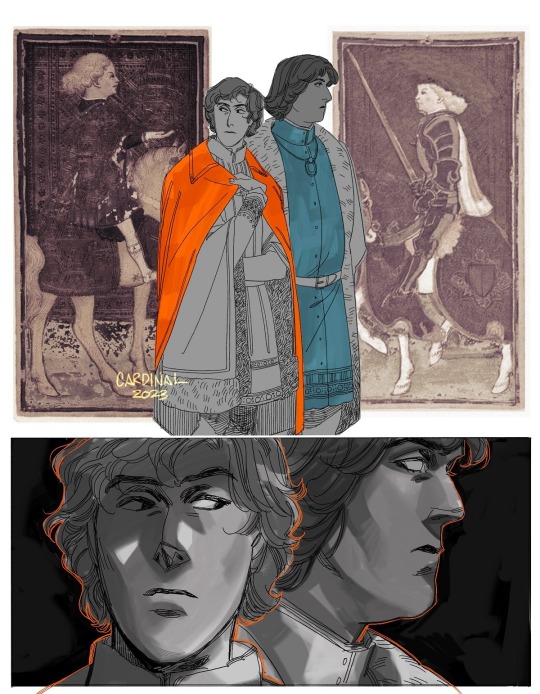
THE BROTHERS SFORZA
augh. there sure is a lot going on between them. tfw you know your older brother is wary of you so you have to navigate that fine line of proving you're useful, but not dangerously so. tfw your younger brother has the potential to be a knife in your back, but he's your brother. don't think too hard about what happened with the galeazzo. unfortunately, you're both visconti as well as sforza, and the visconti were prone to conspiracy. fucking RIP.
this definitely won't be upsetting years down the line when ascanio is near death and ludovico will be desperate to figure out how to bring his brother's body back to milan so ascanio can be interred in the same place as ludovico's recently deceased wife, beatrice d'este, and where ludovico himself has been haunting in a perpetual state of grief.
& the background of the first panel are public domain scans of two cards out of the visconti-sforza tarot deck.


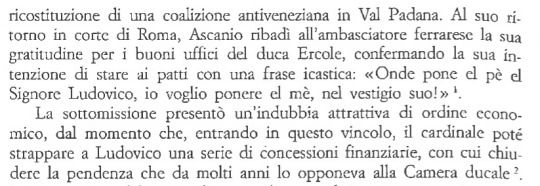

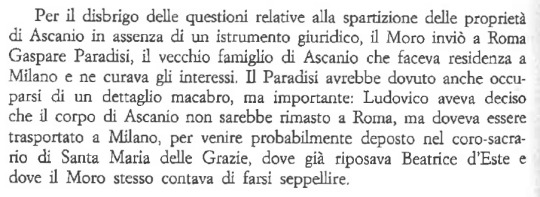
Ascanio Maria Sforza: la parabola politica di un cardinale-principe del Rinascimento, Marco Pellegrini
#ABSOLUTELY BANANAS PHRASING abt one of these paragraphs btw#'metafora della sottomissione del figlio al padre' okay!! like going into that dynamic with your older brother is so. sooooooooooooo#like it makes sense. this is a dynast family. the father is dead. the eldest son was assassinated.#so now your older brother who was not the eldest brother WOULD assume the father-head of household role#and in the case of an emergency. you would fall into place as his right hand#which was. which was formerly occupied by your mother. and your older sister to the assassinated brother. so. WELL#that IS how you would prove you were useful to the state-household. it's just that.#NOBILITY IS SO FUCKING INSULAR ALL THE TIME. christ#the claustrophobia of being suspicious of your brother but having to rely on him#better to follow the plan your parents and eldest brother had in mind and marry him off to the church#italian renaissance tag#ascanio sforza#ludovico sforza#komiks tag#drawing tag#anyway eventually i'll figure out an art style i like for the renaissance cast. i think im getting close#but AUGH im still missing that feeling of 'yes. good.' im leaning towards the dead lineweight tho. that feels Right.
256 notes
·
View notes